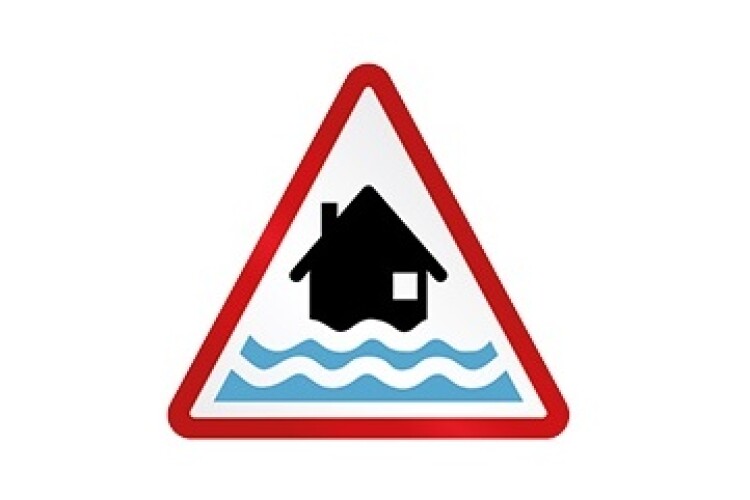English local authorities have given planning permission for more than 5,000 homes to be constructed on floodplain land so far this year, new research reveals.
The study was undertaken by Localis, a right-of-centre local government think tank, which is calling for Michael Gove to take action.
Localis discovered that almost 200 planning permissions have been granted on floodplain land so far this year for some 5,283 new homes in the highest-risk local authorities in the country. The overwhelming majority – 4,255 – are in areas already identified as highly likely to flood.
Its report published today, Plain Dealing – building for flood resilience, sets out how climate change pressures and rising housing demand have resulted in an increase in flooding on properties in at risk areas.
Among its recommendations, Localis says councils should have power to develop flood strategies that focus on living with floods instead of just preventing them, introducing a flexible approach to flooding and planning recovery from inundation.
It also wants developers to be made liable for the sustainability and insurability of any new developments built in floodplain areas.

Localis chief executive Jonathan Werran said: “There is a clear need to reset government policy and regulation to prevent an otherwise unavoidable 50% uptick in the numbers of houses being built on floodplains over the next half century.
“At the same time, with climate change another unavoidable reality, we need to strengthen communities to become resilient in adapting to, living with and responding to flood pressures.”
Researcher Grace Newcombe said: “We know that climate change is intensifying, flooding is increasing, and housing pressures are rising. Floodplain development necessarily sits at the intersection of these demands but it must not come at the expense of individual and community safety. Clearly defined flood resilience objectives from the national government aligned with whole-system collaboration is needed to protect homes and businesses and stimulate building back better. Failing to do this and continuing to build new homes in floodplain areas without resilience measures is a planned catastrophe.”
Martin Milliner, claims director at LV= General Insurance said: “Climate change will increase the UK’s exposure to weather-related hazards such as flooding, and it’s vital we prepare for this. Whilst we welcome the government’s commitment to increase housing we have concerns about the UK’s resilience to future flood events, and in particular the number of new housing developments in flood risk areas that are still receiving approval. With those involved in the planning process ignoring the current guidance, this runs the risk of putting an ever-increasing number of communities at risk.
“Flooding is an extremely traumatic event which has a devasting impact on a person’s life, both physically and mentally. This research highlights a concerning amount of current and future development in high flood risk areas. To tackle this, we need to come together and develop a holistic approach to flooding for the long term, with property developers, insurers and government – both nationally and locally – tackling the issue of building on floodplains.”
The full report Plain Dealing – building for flood resiliencecan be downloaded here
Got a story? Email news@theconstructionindex.co.uk



